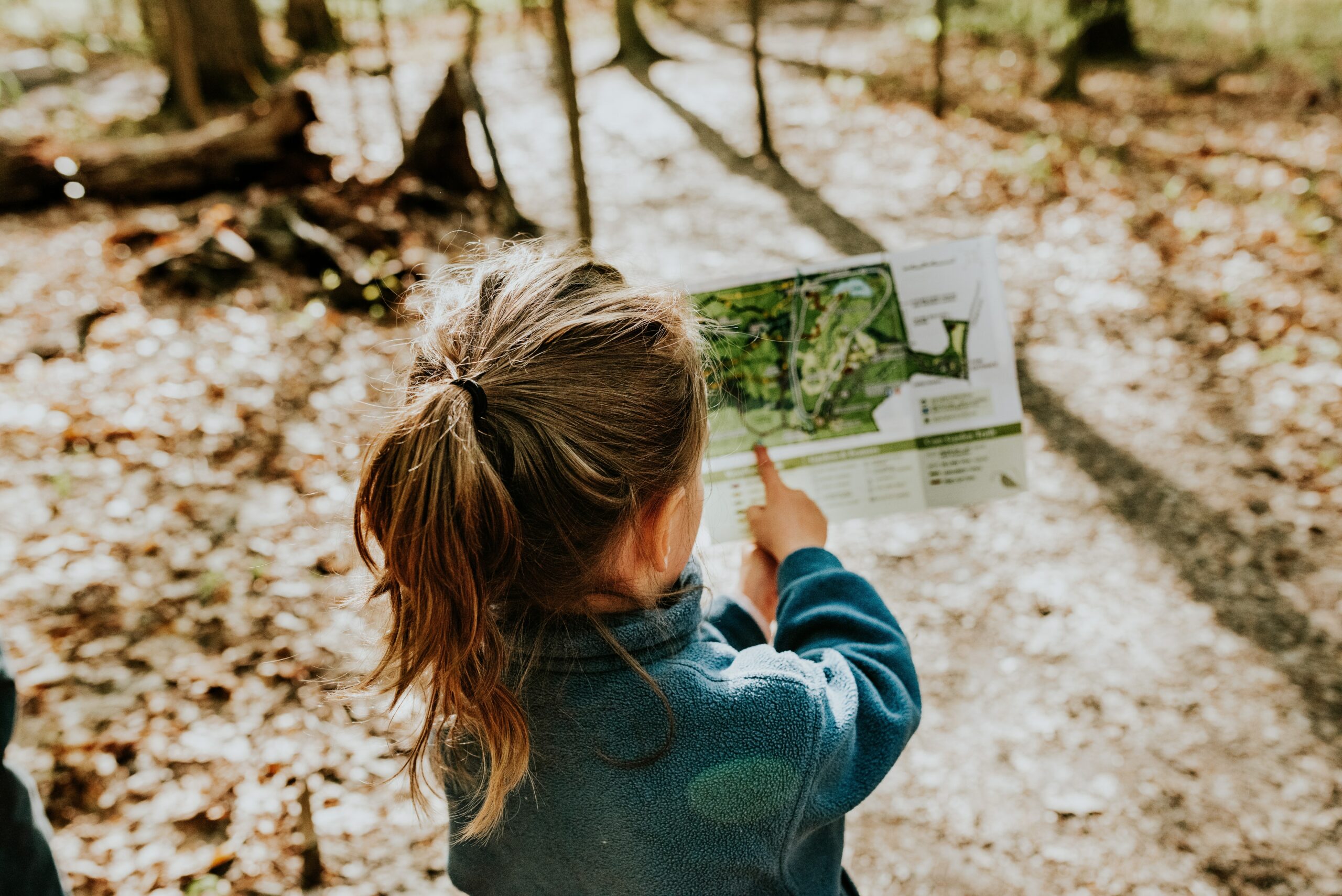Environmental education is a powerful tool for empowering individuals, especially the younger generation, to become informed and proactive participants in creating a sustainable future. By instilling knowledge, fostering awareness, and nurturing a sense of responsibility towards the environment, environmental education plays a pivotal role in inspiring the next generation of eco-stewards. This article explores the importance of environmental education and highlights keyways to engage and inspire young individuals to become passionate advocates for environmental conservation and sustainability.
Fostering a Connection with Nature
One of the fundamental aspects of environmental education is fostering a deep and personal connection with the natural world. This can be achieved through outdoor experiences, nature walks, field trips, and hands-on activities that allow young learners to engage with their surroundings. By immersing themselves in nature, children develop a sense of wonder, appreciation, and empathy for the environment, which serves as a foundation for environmental stewardship.
Developing Environmental Knowledge and Awareness
Environmental education provides a platform to develop a comprehensive understanding of ecological concepts, environmental challenges, and sustainable practices. Educators can incorporate age-appropriate lessons on topics such as climate change, biodiversity, conservation, waste management, and renewable energy. By equipping young individuals with knowledge about environmental issues, they can make informed decisions and take action to protect the environment.
Promoting Critical Thinking and Problem-Solving Skills
Environmental education encourages critical thinking and problem-solving skills, empowering students to analyse complex environmental issues and develop innovative solutions. By engaging in hands-on projects, research activities, and group discussions, young learners develop the ability to think critically, evaluate different perspectives, and propose sustainable approaches to address environmental challenges. This cultivates a sense of agency and empowers students to become changemakers.
Encouraging Sustainable Lifestyle Choices
Environmental education goes beyond theoretical knowledge; it aims to inspire practical action. Educators can promote sustainable lifestyle choices by highlighting the importance of practices such as recycling, energy conservation, water conservation, responsible consumption, and choosing eco-friendly alternatives. By encouraging young individuals to implement these behaviours in their daily lives, environmental education fosters a culture of sustainability.
 Engaging in Citizen Science and Community Projects
Engaging in Citizen Science and Community Projects
Environmental education provides opportunities for students to actively participate in citizen science initiatives and community-based projects. By engaging in data collection, monitoring local ecosystems, and participating in environmental restoration efforts, students develop a sense of ownership and responsibility towards their communities. These experiences allow them to witness firsthand the impact of their actions, fostering a lifelong commitment to environmental conservation.
Emphasising Collaboration and Civic Engagement
Environmental challenges require collective action and collaboration. Environmental education encourages teamwork, cooperation, and civic engagement. By organising group projects, environmental campaigns, and community events, educators can facilitate opportunities for young individuals to work together towards a common environmental goal. Collaboration not only strengthens their environmental commitment but also cultivates essential skills for future leadership.
Utilising Technology and Digital Platforms
In the digital age, technology plays a significant role in environmental education. Utilising digital platforms, online resources, educational apps, and interactive tools can enhance the learning experience and engage young learners. Virtual field trips, webinars, and online communities allow students to connect with environmental experts and like-minded individuals globally, expanding their knowledge and fostering a sense of global environmental responsibility.
Environmental education has the power to inspire and empower the next generation of eco-stewards. By fostering a connection with nature, developing environmental knowledge and awareness, promoting critical thinking skills, encouraging sustainable lifestyle choices, engaging in citizen science and community projects, emphasising collaboration, and utilising technology, educators can ignite a passion for environmental conservation in young individuals. Through environmental education, we can nurture a generation that is equipped with the knowledge, skills, and motivation.






